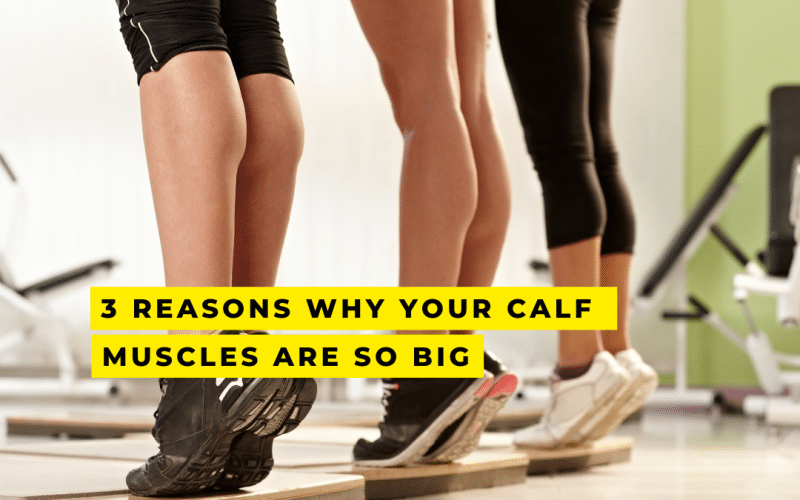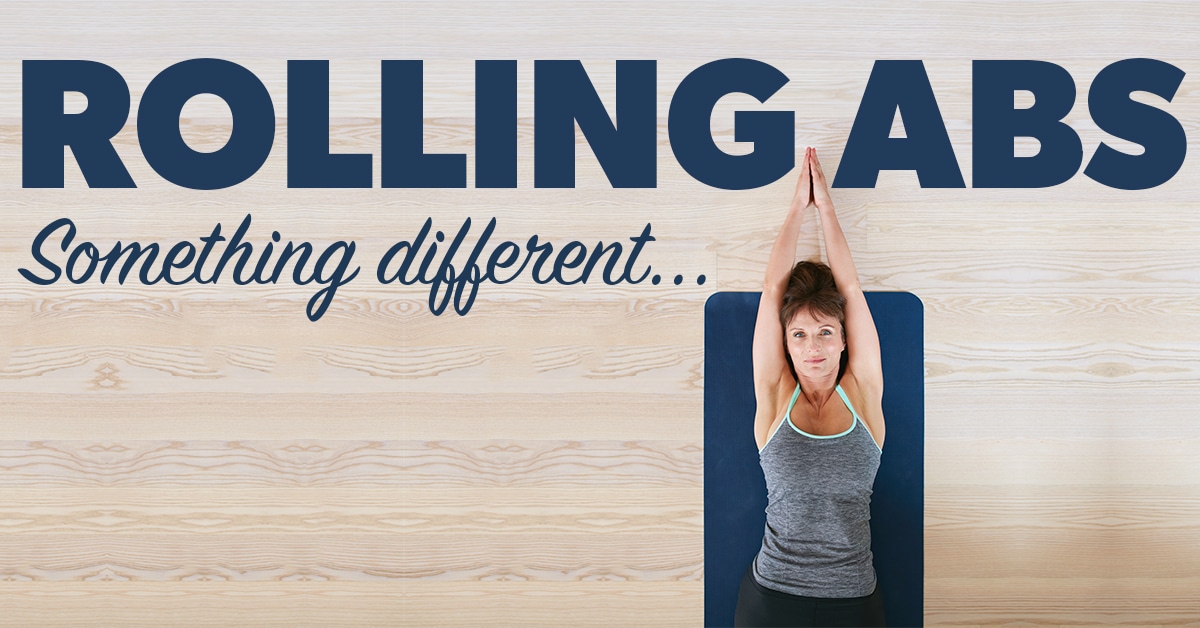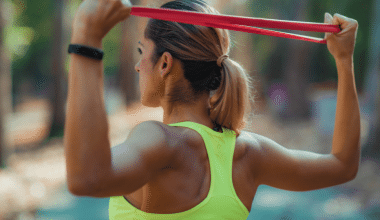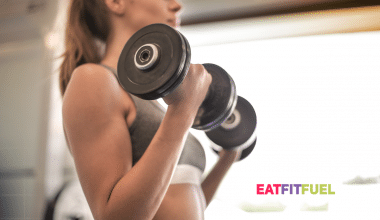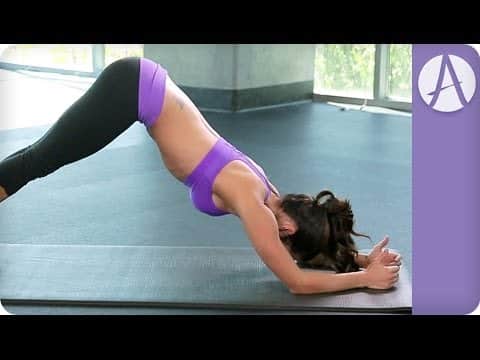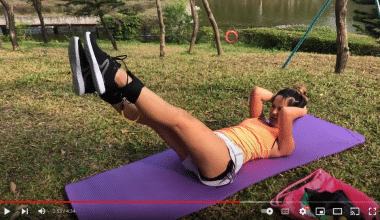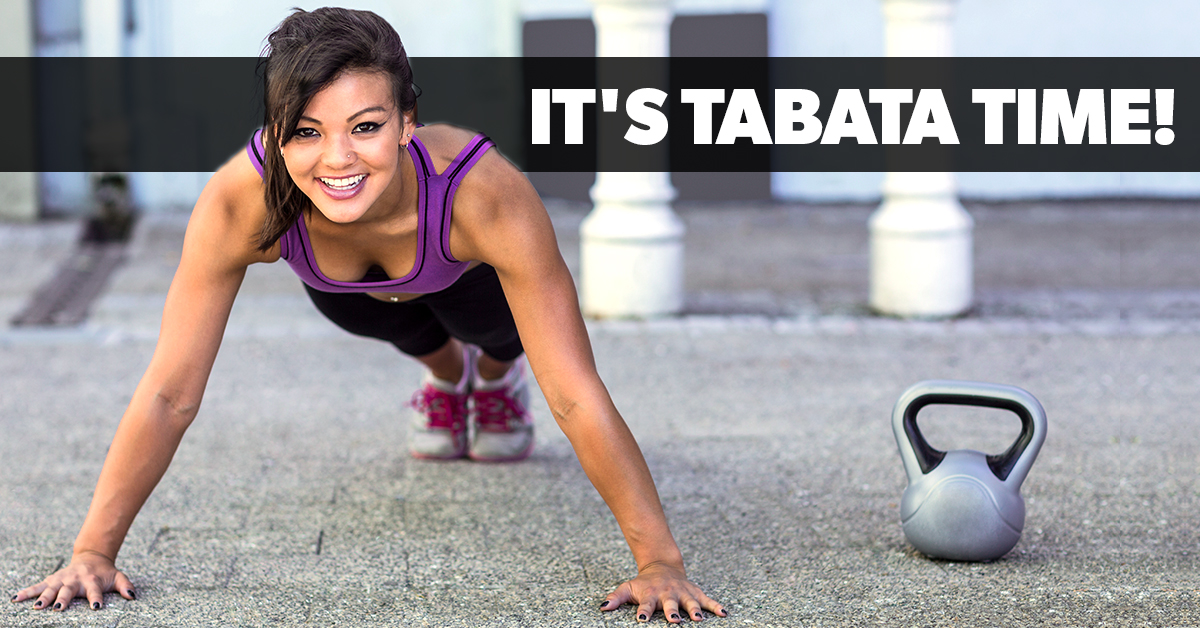You’ve been asking “why are my calves so big?”. Leaner calves are definitely more attractive and appealing. Though bigger calf muscles are not concerning at all. In this article, we are going to discuss the three leading reasons why your calf muscles are bigger or more buffed up than usual. With a little attention, you too can gain slimmer calves.
Large calves are particularly strong calves. They have an inherent benefit – you can run, walk, and do almost every physical activity that applies pressure to your legs faster and better. As such, it might not be a bad idea to have relatively bigger calves, especially if you are doing physical work or work that requires exertion of some level.
Here are the reasons why some people have bigger calves while others have shapely or even skinny calves:
#1. Your body shape
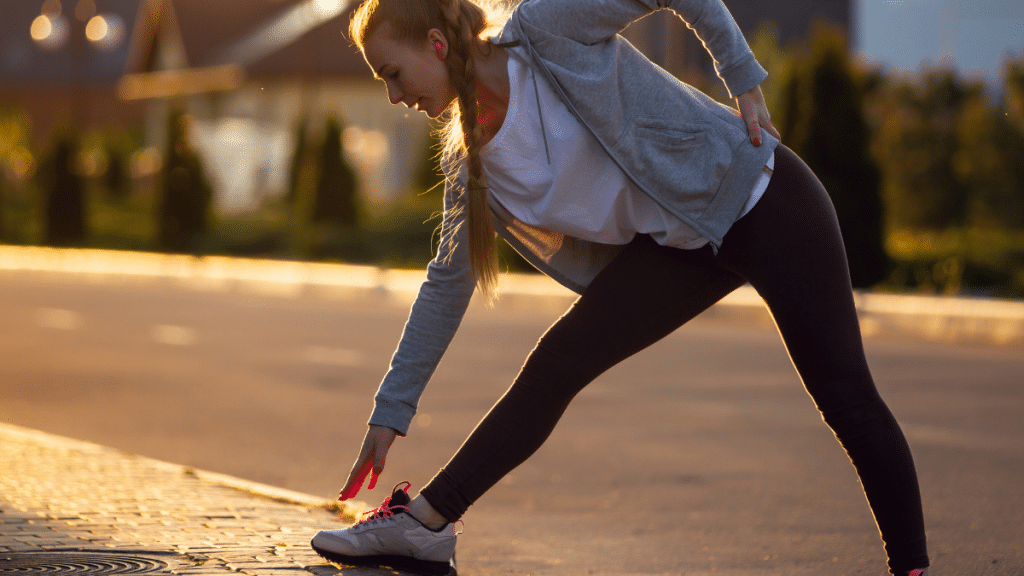
Wondering why are my calves so big?
Well, maybe you are looking at it the wrong way.
Different people have different body shapes. People with a pear shape tend to have a petite or thinner upper half and larger lower half. This can make the calves appear to be big when seen in comparison to your whole body, and not actually be bigger than average.
Conversely, if you have an apple body shape, your upper half will be larger than the lower half. In this case, your calves only appear to be smaller or thinner, while actually being quite average to regular calf sizes.
It’s all in the proportions.
Are you also mistaking their apparent appearance with actual sizes? Compare your calves with someone else in the same fitness level and age group as you – are your calves really bigger or just a visual glitch caused by your body’s proportions?
#2. Genetics
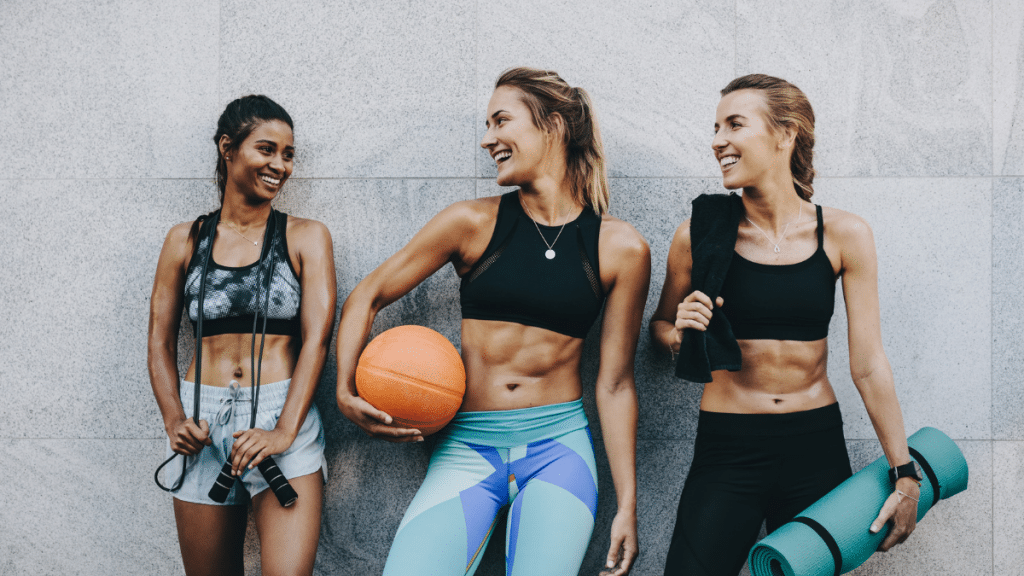
More often than not, it will turn out that your calves are indeed sizably bigger than they should be. This can be due to your genetics. In fact, genes are one of the leading reasons behind many features of your body as well as the mind. Calves simply happen to be one of them.
If your ancestors or even immediate lineage has bigger calves then you need to look no further. Genetic features of a body are hard to change, especially the physical ones. Even if you manage to dent a particular feature’s appearance, it will always tend to revert back to its “original” form when unattended.
A majority of bigger (and also smaller) calves are influenced by the length of tendons. As tendons go smaller and bigger due to genetics, the calf muscle has to extend lower down or higher up, respectively, to meet it.
Going lower down to meet a shorter tendon will make the calf muscle look bigger.
As nothing can change or influence the height of your tendons, making changes to your calf muscles isn’t possible in this case.
#3. Exercise
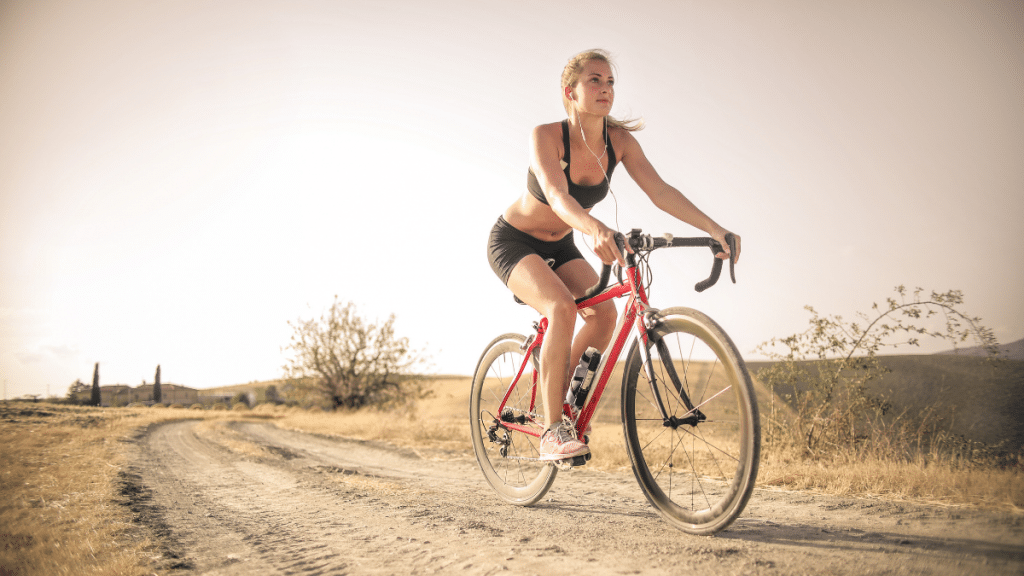
Exercising can easily create bigger calves. If body shape proportionality and genetics are not the issues with your seemingly bigger calves then it is very plausible that it’s an exercise to blame.
Even if you don’t exercise your legs or exercise in general, some form of physical exertion on your leg muscles can easily make your calves bigger.
A number of activities can stress your leg muscles. This includes activities that require your legs to exert speed, power, or strength.
For example, running, swimming, or even brisk walking are activities that can demand your leg muscles to overexert themselves, making your calves bigger. And of course, resistance training, incline training, going uphill, cycling, etc. can always develop calves and make them bigger.
Rope jumping or other high-impact jumping movements can also cause calves to develop. Though specific workouts exist to develop calves (such as the step machine or using a treadmill at a high incline), it is completely possible that you might be exerting your calves without any calf-specific exercise and without even knowing it.
Climbing a lot of stairs or lifting and carrying heavy weights can also increase your calf size.
How to achieve leaner calf muscles?
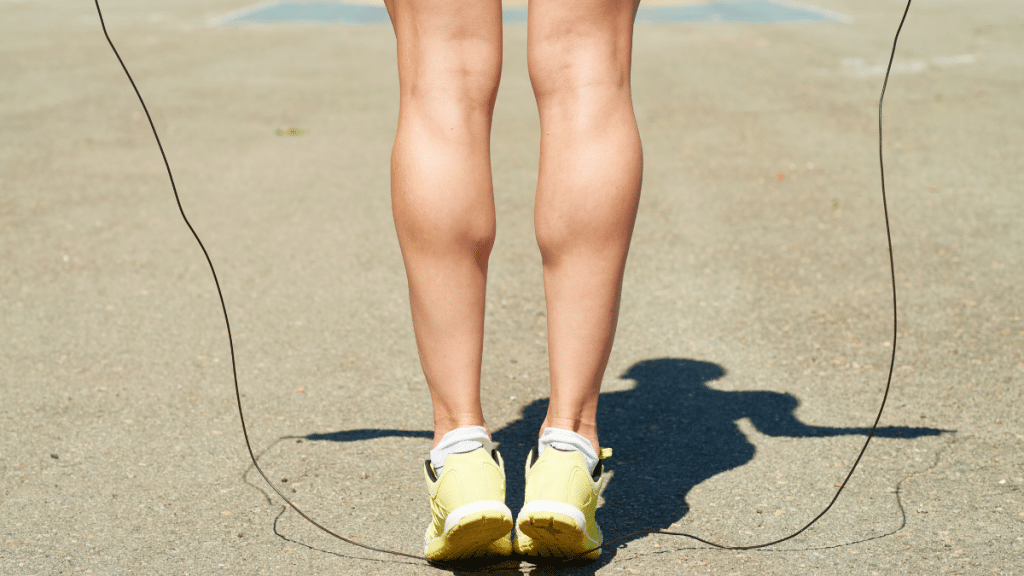
Bigger calves are not a health issue. But for reasons bordering on aesthetics, it is very understandable why you might want to choose to have skinnier calves.
Well, one thing that does not help in making calves leaner is calf exercise! It is easy to get fooled into believing the whole “spot reduction” weight loss myth. In other words, training a specific part of your body to lose fat from that part.
It’s high time you understood that weight loss doesn’t work that way – only muscle building does.
If you train just one part of your body, fat will be lost from the whole body equally, more or less. The only thing you will achieve by training a particular part of your body is muscular development in and around that part, which is of course the one thing you are trying to avoid.
If you already have bigger and muscular calves, do not train them. Period.
For the most part, it’s extremely difficult if not impossible to make your naturally bigger calves leaner. Making calves leaner and longer is somewhat possible with stretching activities such as yoga, Pilates, or basic stretching exercises.
A wall calf stretch can be your best way out, though results are not guaranteed or permanent.
Wrapping up
Apart from genetics, exercises, and body shape proportions, some sources also claim that eating too much salty food can lead to bigger calves. Whatever the case, remember to not carry excess body weight, more than what your body can handle, on your feet. It is also a type of training that only stresses your calves and makes them bigger over time to support the heavier weight.
If you do workouts talk with your gym trainer if any of the exercises might be unknowingly stressing your calf muscles. If any exercises do, you will need to stop doing those for leaner calves.
And ultimately, when you keep finding yourself asking why are my calves so big, then perhaps it’s time to do some leg stretching. Arguable, sure, but definitely something to try!
